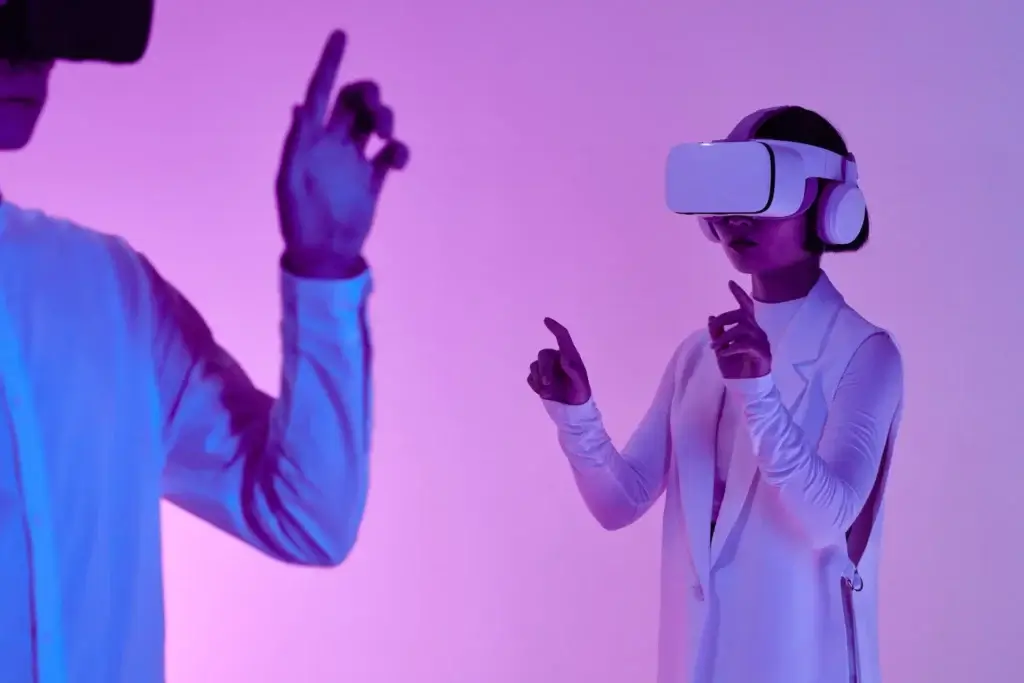Technology has been revolutionising recruitment in Aotearoa for many years, and its impact is only set to increase in the future. From artificial intelligence to virtual reality, the future of recruitment is looking more and more digital.
Here is our teams take on the top 5 ways technology is changing the game of recruitment in Aotearoa and what it means for recruiters and job seekers in this beautiful country.
- Artificial Intelligence
Artificial intelligence (AI) has been ingrained as a valuable tool in the recruitment process here in Aotearoa, particularly over the course of the last 5 or so years. AI can analyse resumes and cover letters, automate candidate screening and even conduct initial interviews. This technology can also analyse candidate data to predict which candidates are most likely to succeed in a role. This allows recruiters to focus on high-quality candidates and improve the accuracy of their hiring decisions.
Tip: When applying for jobs, make sure your CV includes the keywords likely to be searched for by AI (or the team involved!).
- Video Interviews
Video interviews are becoming increasingly popular in the recruitment process in NZ (now the preferred choice in the majority of interviews), particularly in the wake of the COVID-19 pandemic. This technology allows recruiters to interview candidates from anywhere in the country, reducing the need for in-person interviews. Video interviews also provide a more interactive experience for both parties and can be recorded for later review. This technology also helps to speed up the hiring process, reducing the time it takes to hire top talent.
Tip: Make sure to test your technology before conducting a video interview, especially if its a product you haven’t had exposure to in the past. A poor internet connection or technical issues can create a negative perception.
- Social Media
Social media has become an increasingly important tool in the recruitment process. Recruiters can use social media platforms such as LinkedIn and Twitter to reach out to potential candidates and engage with them, but also learn more about them. Social media also provides a platform for candidates to showcase their skills and experience, allowing recruiters to get a better understanding of their potential fit for a role. Social media platforms can also be used to create targeted job advertisements and reach a wider audience.
Tip: Make sure your social media presence (across all platforms) is professional and aligns with your personal and or employer brand. Your profile will likely be searched during the application process – whether you are looking to employ, or have applied, the fact remains true – so ensure what you portray is professional and reflects your personal brand nicely.
- Virtual Reality
Virtual reality (VR) is starting – at an early stage – to play a role in the recruitment process. This technology allows candidates to experience a virtual tour of a company’s offices, meet potential colleagues, and get a feel for the company culture. VR can also be used for training and development purposes, allowing employees to learn new skills in a safe and controlled environment.
Tip: Make sure to provide an option for candidates who may experience motion sickness or other negative effects from virtual reality technology. Offering an alternative option can help ensure all candidates have an equal opportunity to experience your company culture.
- Mobile Recruiting
Mobile recruiting is becoming increasingly important, particularly for younger generations. Mobile recruiting allows candidates to apply for jobs and even progress through the process on their mobile devices, making the application process more convenient and accessible. Mobile recruiting also allows recruiters to communicate with candidates more effectively, sending updates on the status of their application and scheduling interviews.
Tip: Make sure your job application is optimised for mobile devices. A difficult or lengthy application process can deter top talent, particularly those who prefer to apply on-the-go.


